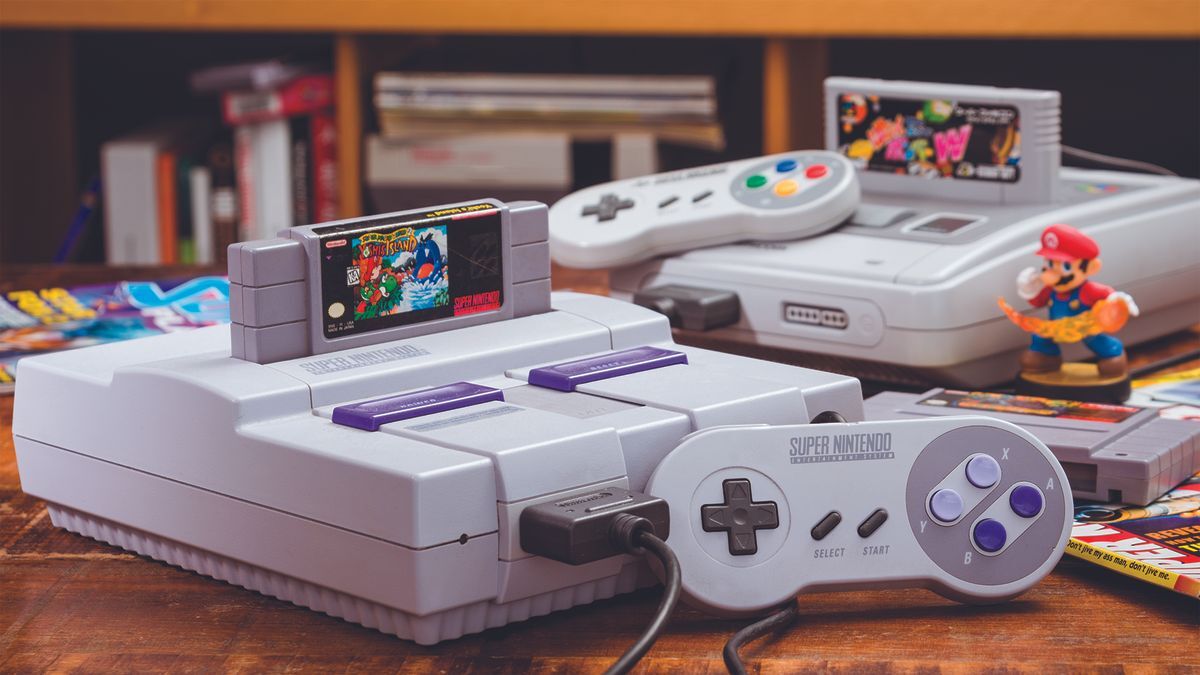- cross-posted to:
- libre_culture
- [email protected]
- [email protected]
- games
- cross-posted to:
- libre_culture
- [email protected]
- [email protected]
- games
A three-year fight to help support game preservation has come to a sad end today. The US copyright office has denied a request for a DMCA exemption that would allow libraries to remotely share digital access to preserved video games.
“For the past three years, the Video Game History Foundation has been supporting with the Software Preservation Network (SPN) on a petition to allow libraries and archives to remotely share digital access to out-of-print video games in their collections,” VGHF explains in its statement. “Under the current anti-circumvention rules in Section 1201 of the DMCA, libraries and archives are unable to break copy protection on games in order to make them remotely accessible to researchers.”
Essentially, this exemption would open up the possibility of a digital library where historians and researchers could ‘check out’ digital games that run through emulators. The VGHF argues that around 87% of all video games released in the US before 2010 are now out of print, and the only legal way to access those games now is through the occasionally exorbitant prices and often failing hardware that defines the retro gaming market.



They absolutely do. The market is full of remasters, remakes and re-releases. Having the originals readily available presumably diminishes the value of those, by the count of publishers.
That is not the same as saying that old games are available. Most of them are not, the market keeps reissuing the same handful of hits and landmark games (although we’re in an era of deep cuts now, we even have a Pocky & Rocky remaster, somehow). But they can’t set up regulations where you are allowed to lend out Spider-Man vs. The Kingpin but not Resident Evil 2, so here we are.